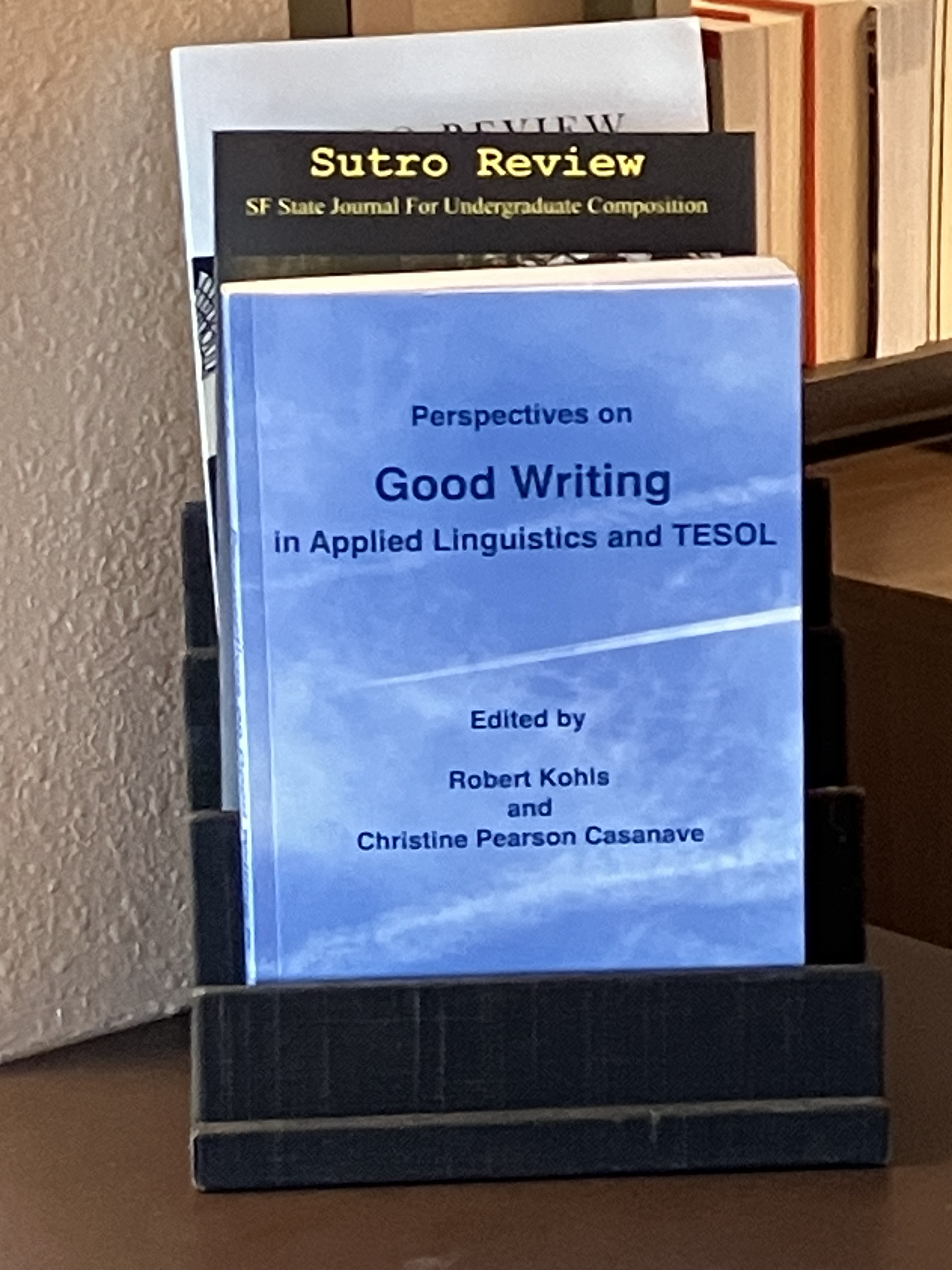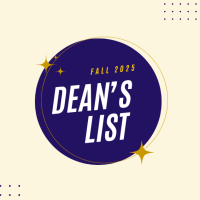Congratulations to our English Faculty for the Publication of Their Work!
Several of our English faculty contributed to the recently published book Good Writing in Applied Linguistics and TESOL. We wanted to offer our congratulations to everybody involved for their work towards this book. Below is a statement from our Writing Program Coordinator Robert Kohls, who served as an editor for this work:
“The idea for this edited book grew out of my PhD dissertation on tutor and tutee beliefs about good writing and a writer's voice in an afterschool literacy program that serves mostly multilingual newcomers to Toronto, Canada.
This book was important to me because to teach, evaluate, and research academic writing, we need to have a clear and explicit idea of what we mean by "good" or "bad" writing rather than taking an intuitive "I know when I see it" approach. In a world in which English has become the lingua franca, old standards of "correctness" are challenged, negotiated, and dismantled. This book is a collection of perspectives on writing by scholars from around the world thinking and reflecting about what writing means to them. For the many contributors who are multilingual, the book offers insights into their experiences writing and publishing in English, how they nurture a biliterate identity as transnational scholars, and how their experiences have shaped their approach to mentoring their students to develop their own writing and authorial voice in English.
I am deeply honored that we have two chapters written by our very own colleagues from the English Department. In Charting new course: Organizing writing program assessment in action, Priya Abeywickrama, Esther Chan, John Holland, Jennifer Trainor, and Todd Walker share their insights from a longitudinal self-assessment project of undergraduate writing at SF State. And in What is 'good writing': Pre-service teacher prepare for the college writing classroom Katelyn Endow, Kimani Lincoln, Mona Shaath, Rachael Tupper-Eoff, and Monique Ubungen, and I reflect on what pre-service writing teachers need to know about writing (including interrogating their own values and beliefs) before they head into the classroom.
It has been a privilege to read these chapters as they have pushed my thinking forward about what good writing means to me and has given me even greater respect for those who write and publish in English as an additional language. I hope this book offers professors, writing teachers, and students a way to see writing as a powerful and transformative act.”


